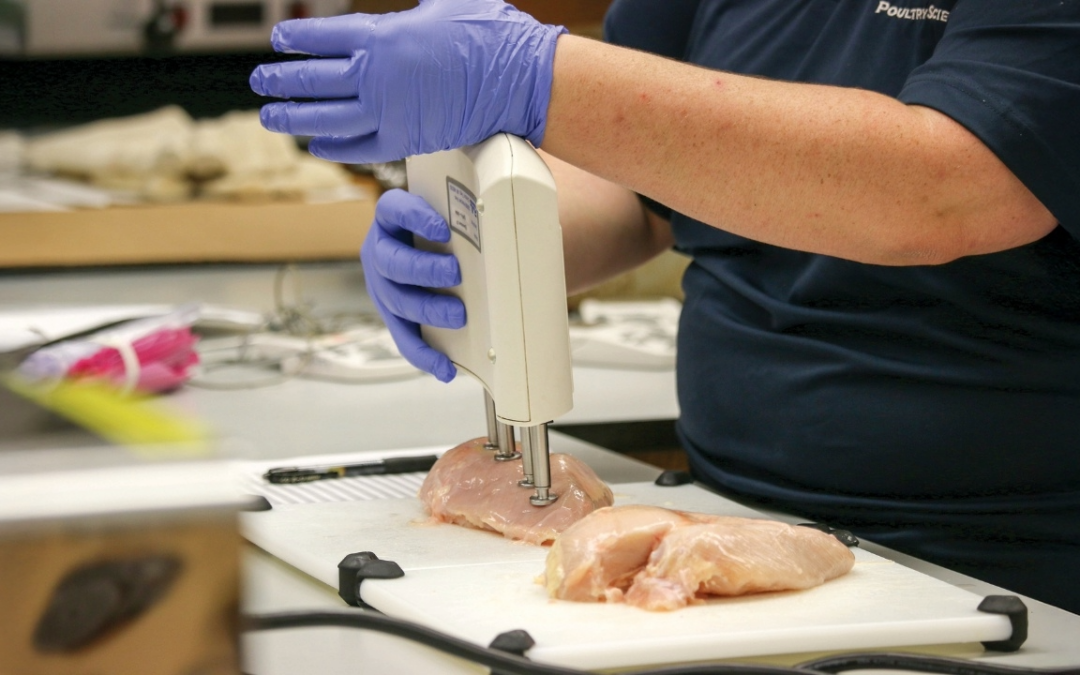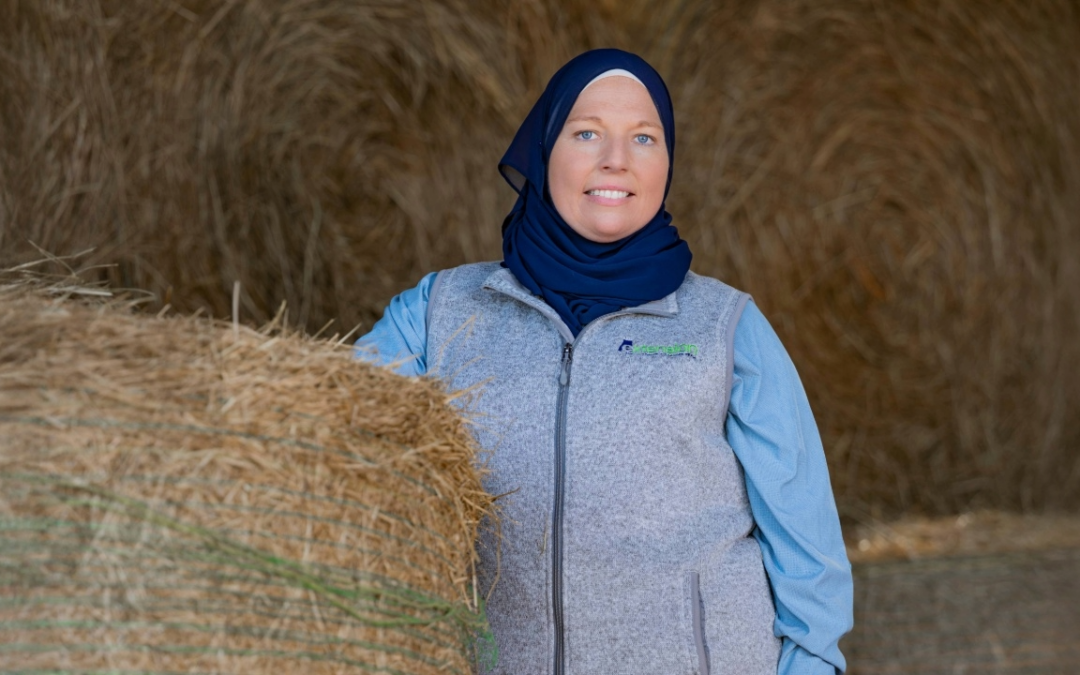by MAGGIE LAWRENCE

Derrick Mathias said that if the Zika virus comes to the United States, it would present the greatest threat to residents in South Florida and South Texas.
AUBURN, Ala.—Public health officials are working to contain an outbreak of Zika virus across Central and South America. But scientists at Auburn University do not believe that the United States will face the disease in the numbers appearing in Brazil and other Central and South American nations.
Derrick Mathias, an assistant professor specializing in medical entomology in Auburn University’s College of Agriculture, said that if the Zika virus comes to the United States, it would present the greatest threat to residents in South Florida and South Texas.
“I would expect Zika to occur in parts of the United States where dengue fever and chikungunya have occurred,” said Mathias. “All three diseases are transmitted by Aedes species mosquitoes. Currently, dengue and chikungunya are considered a possible threat to human health only in South Florida and parts of Texas.”
Aedes species mosquitoes, including A. aegypti and A. albopictus, are day active and are most active in the late afternoon. Mathias said in the current outbreak in the Americas that the Zika virus is transmitted by A. aegypti, which shows a stronger preference to feed on people over other mammals.
“A. albopictus has displaced A. aegypti in many parts of the southern United States, particularly in rural and suburban areas,” he said. “A. albopictus is much more common in Alabama than the species connected to the current Zika outbreak.”
Mathias said the disease’s ability to spread is also affected by the fact that primates are the only reservoir for the disease.
“While we have a potential vector here in A. albopictus, because the transmission cycle only involves mosquitoes and humans, the risk of Zika virus becoming established in Alabama is low,” he said.
“For example in West Nile Virus, both birds and people can carry the virus. That means there is a much larger group of potential infected carriers of the disease, while the Zika virus must be carried by people or other primates.”
But Mathias points out that Zika is a single-stranded RNA virus with a high mutation rate.
“We know from similar viruses such as West Nile and chikungunya that mutations may occur that enhance transmission efficiency or influence virulence in a new location. New mutations and the lack of immunity to the virus are hypotheses for why the virus has spread so rapidly in the Americas.”
Xing Ping Hu, an entomologist with the Alabama Cooperative Extension System and professor in the Department of Entomology and Plant Pathology, agrees with Mathias that Zika is unlikely to spread rapidly across the United States. She points out that all the cases of Zika disease identified in the United States were in travelers who contracted the disease elsewhere.
“Because of a possible link between Zika infection during pregnancy and microcephaly in the fetus, public health officials are discouraging pregnant women from visiting nations with an ongoing Zika outbreak,” said Hu, who is also an Auburn University professor of entomology. “While the disease is usually mild in adults, Zika virus is a serious health threat to pregnant women and their unborn children.”
Microcephaly is a neurological condition characterized by an abnormally small head that can lead to premature death or developmental disabilities.
Hu emphasizes that Zika is not contagious. Mosquitoes become infected when they feed on a person already infected with the virus. Infected mosquitoes can then spread the virus to other people through bites.
She said symptoms of the virus are mild in most people, rarely causing serious issues.
“Less than 25 percent of people infected with the Zika virus become ill, and hospitalization is uncommon,” she said. “The most common side effects are fever, joint pain, conjunctivitis and a rash, and can last from several days to one week.”
Hu said preparedness is the strongest defense against both established and unknown mosquito-borne diseases.
“It is important to take preventative action to protect against mosquito bites and mosquito-borne diseases at all times,” she said.
Reduce Mosquito Breeding Sites
- Remove standing water around your home on a weekly basis, even in the smallest of containers.
- Clean and chlorinate swimming pools, and empty them when not in use.
- Cover containers used to store rainwater for garden use tightly; use window screen or plastic during drought periods
- Dispose of water holders, such as tires, cans, bottles and similar garbage
- Clean clogged roof gutters, and drain flat roofs.
Keep Mosquitoes Out of House
- Install 16- to 18-mesh window and door screen.
- Repair broken screens on windows, doors and porches.
- Caulk cracks and crevices where insects can enter.
- Remove tall weeds and overgrowth where mosquitoes prefer to rest.
Protect Yourself
- Wear long pants and sleeves when possible to reduce possibility of mosquito bites.
- Use insect repellent. Repellents with DEET are highly effective against mosquitoes, but follow label recommendations about spraying directly onto skin.
- Educate yourself about health risks before traveling internationally, particularly when visiting tropical and sub-tropical countries.
For More Information
For more information on protecting your home from mosquitoes, visit www.aces.edu and search for Extension publications, Mosquitoes In and Around Homes, and Protecting Yourself from Mosquito-Borne Illnesses.
Maggie Lawrence is a communications and marketing manager with the Alabama Cooperative Extension System.




